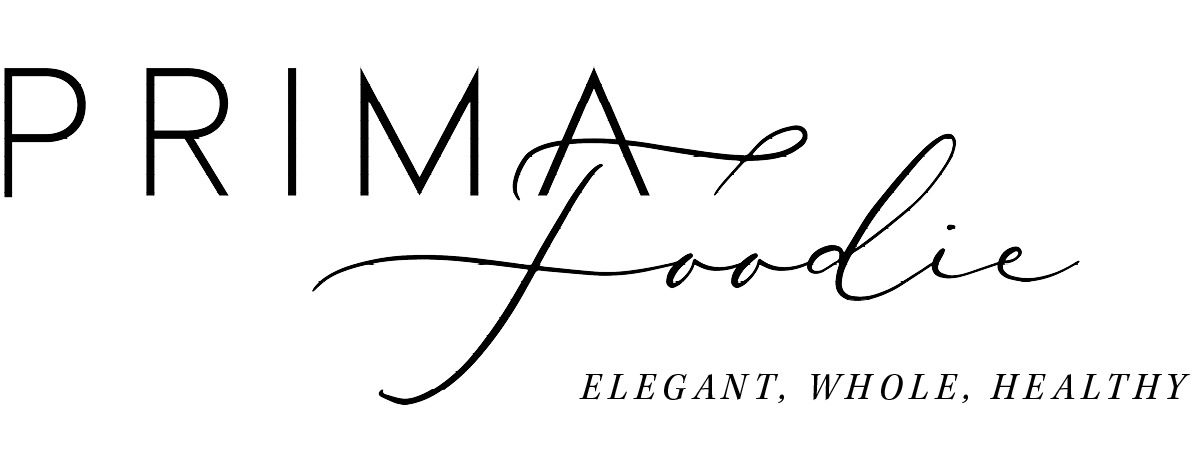The Simplest Act that Can Change Your Life
Whichever way we choose to communicate, the power of the written word is indisputable. That’s because the act of writing things down, with our hands clutching a pen and the ink drenching the page, is a practice that elicits a specific response in humans. Recent research suggests that the physical practice of writing—not texting, not typing, not voice-noting—is linked to stronger memory recall and higher brain activation. (Professor Kuniyoshi L. Sakai, a neuroscientist at the University of Tokyo and the author of a 2021 study on physical handwriting has been quoted saying that “paper is more advanced and useful compared to electronic documents because paper contains more one-of-a-kind information for stronger memory recall.”)
Writing down your thoughts—or goals, or ideas, or lists—is also a means that helps you bring ideas to life, author and life coach R.A. Leslie tells us. “It’s a visualization,” says Leslie, who bases much of her coaching work on journaling. (Leslie taught a journaling workshop for our first HEAL with PrimaFoodie Summit this past summer.) “You concretize things when you write them down. You get clarity—and your subconscious will actually obey what your conscious mind is telling you.” Leslie’s theory shows that by putting something to paper, the thought becomes real which in turn causes “your subconscious to obey what your conscious mind is telling you.”
So, if you seek to eat more vegetables: Write it down. If you desire to cook at home more: Jot it on paper. If you yearn for more organization and clarity: Go analog. “Whatever your goal is, if you want to be healthy, want to feel a certain way, want to follow this plan to feel better and healthier, writing helps,” says Leslie.
It also works from the other end of the spectrum. Meaning, if you lack the motivation to do something that you know would be great for you, writing it down can “trick” you into doing that actual act, says Leslie. “It’s really about telling your mind what it’s going to do.”
These reminders of how an exercise that is so simple yet so transformative intrigues us—particularly because we’ll soon be launching a PrimaFoodie tool that harnesses this power. (More on this very soon—stay tuned!) In the meantime, here are three more reasons to consider picking up the pen or pencil more often:
#1: It is fast. Sure, we’ve become so used to tapping a quick note to ourselves on our phones, but jotting down an idea with our entire hand is usually much swifter than relying only on our two thumbs. This is why Leslie is always prepared. “I have a piece of paper and a pen with me all the time.”
#2: It is easy. There’s no pressure to jot things down perfectly, says Leslie. Do it in your style and your way, whether this means dedicating a full hour to journal, using a consistent planner, or quickly jotting down random handwritten notes. The key is to write with no parameters. “This is something that should be pleasurable and enjoyable.”
#3: It is the beginning of something bigger. What is the bridge between our thoughts, goals, and dreams and their reality? Leslie says it is the act of immortalizing the idea. “The [aspect of] writing it down is the first step to really feeling and doing what you want.”
Stay tuned here and on Instragram for our upcoming PrimaFoodie launch that incorporates this simple, life-changing skill.
